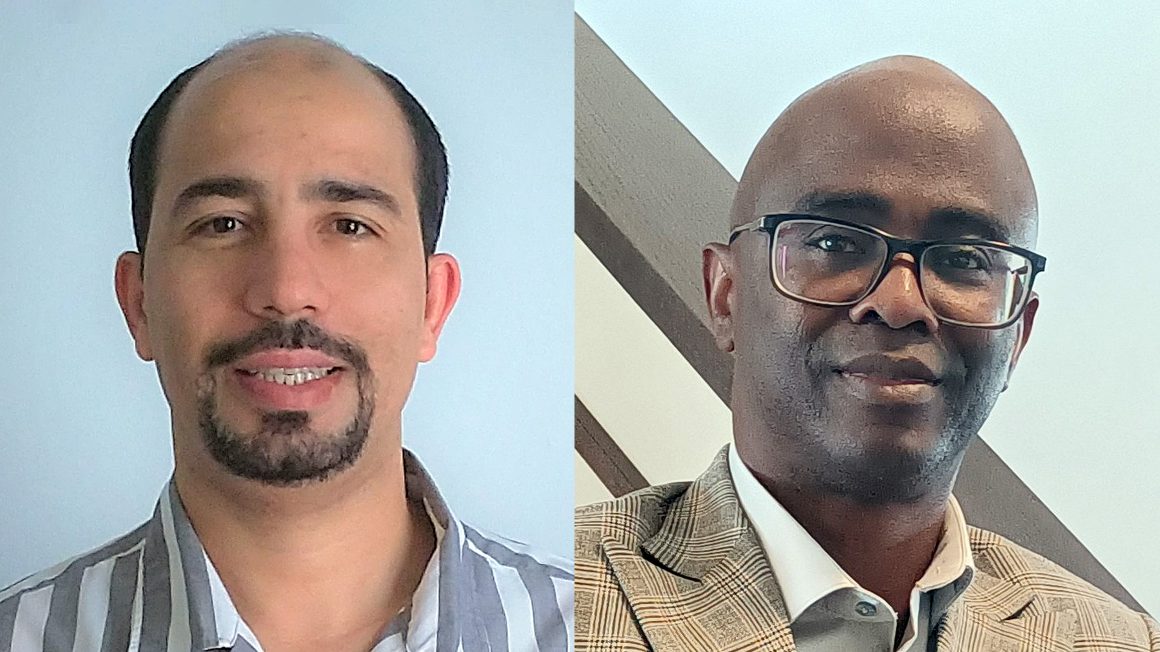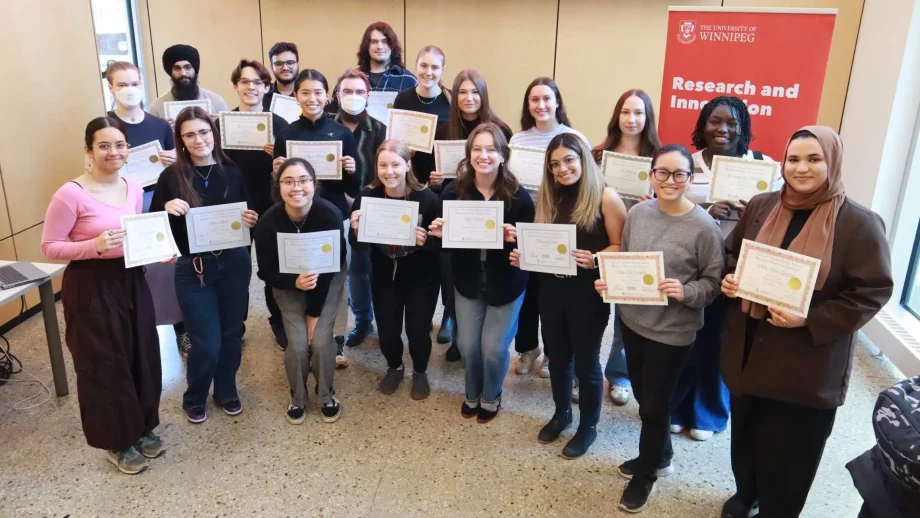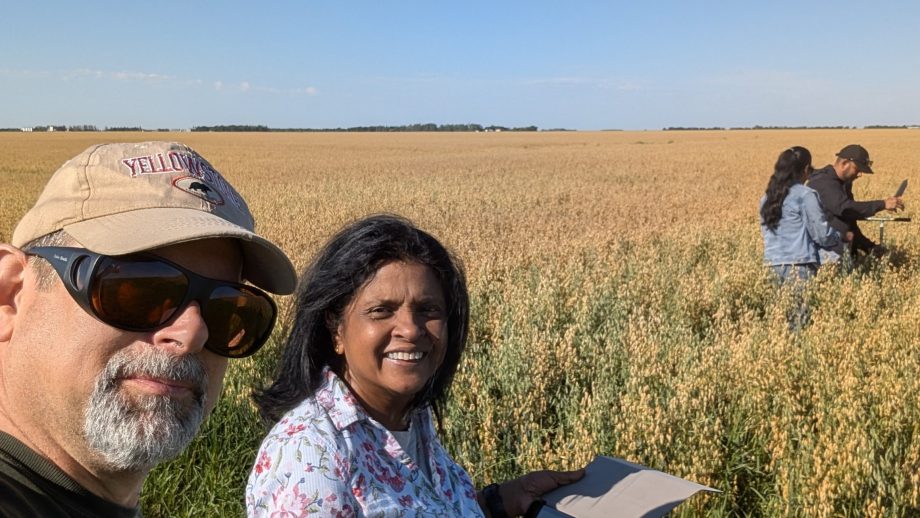Neonatal care is essential in keeping the mother and unborn child safe. When you add the challenges of drug abuse among pregnant individuals and its impact on neonatal health, the immediacy of care is exponential.
In the quest to aid these vulnerable individuals, UWinnipeg’s Dr. Yaser Al Mtawa and Dr. Victor Balogun, applied computer scientists, are working with community organizations on a Cloud-Based Internet of Things System to Support People Struggling with Drug Addictions During Pregnancy.
To help in their research they have been given a Research Manitoba Innovation Proof of Concept Grant valued at $100,000 over two years.
This project introduces a groundbreaking wearable device that aims to assist pregnant individuals in managing drug addiction and ensuring the safety of both themselves and their fetuses.
This project was born from the combined expertise of principal investigator Dr. Al Mtawa, who specializes in the Internet of Things (IoT) with a particular focus on wireless sensor networks (WSNs) and data traffic engineering and Dr. Balogun who specializes in cyber security, machine learning for medical diagnostics, and IoT applications for enhanced healthcare delivery.
These wearable devices, similar to the idea of a smart watch, monitor vital signs to help improve both data quality and real-time decision-making for the healthcare of pregnant individuals with the prototype sensor.
We will significantly enhance the monitoring of vital signs, improving both data quality and real-time decision-making for the healthcare of these individuals.
Dr. Victor Balogun
“This funding is crucial to advance our project’s current technology readiness level,” explained Dr. Al Mtawa. “It will enable the vital integration of system components beyond the prototyping phase toward developing a robust wearable device.”
The University of Winnipeg team includes Sayed Saminur Rahman, a UWinnipeg graduate student in applied computer science and a research associate.
Rahman is eager to enhance his skills and learn new ones in application development, cloud computing, and machine learning while assisting in this project.
This wearable technology constantly monitors vital signs, enabling prompt medical intervention and support when necessary. It has the potential to redefine how healthcare providers address addiction during pregnancy by alerting professionals during emergencies and gathering important data to enhance care strategies.
“By leveraging cloud computing and machine learning algorithms, we will significantly enhance the monitoring of vital signs, improving both data quality and real-time decision-making for the healthcare of these individuals,” said Dr. Balogun.
Both Dr. Al Mtawa and Dr. Balogun note that ultimately, this will help pave the way for a commercially viable product that transforms the landscape of smart wearable healthcare technology that can be applied in several other essential healthcare monitoring.
“We integrate insights from professionals into refining the design and testing of our devices,” shared Drs. Al Mtawa and Dr. Balogun. “We aim to evolve our prototype, which will be designed specifically for the unique needs of expectant individuals confronting addiction. By leveraging expertise from various medical disciplines, we aim to create a device that not only monitors but also supports individuals through a critical period of their lives,” added Dr. Al Mtawa.
By mitigating issues early, and immediately with the biodata collection, it can also help strengthen the healthcare system with the improved data collection.
This technology can be transferable to other health situations and can help save lives. By continuously monitoring vital signs such as blood sugar levels, heart rate, and blood pressure, it empowers proactive management of chronic conditions like diabetes, heart disease, and hypertension.
This type of device can also be used in post-operative care. The technology enables precise tracking of recovery progress and swiftly alerts caregivers to potential complications. Perhaps most promising, it holds immense potential for enhancing the care of older adults by vigilantly monitoring their health and sending immediate alerts for falls or sudden changes in health metrics.
This research project promises to establish a new standard of care—a manifestation of transforming critical health issues using inspired technology.





